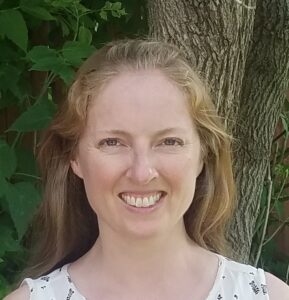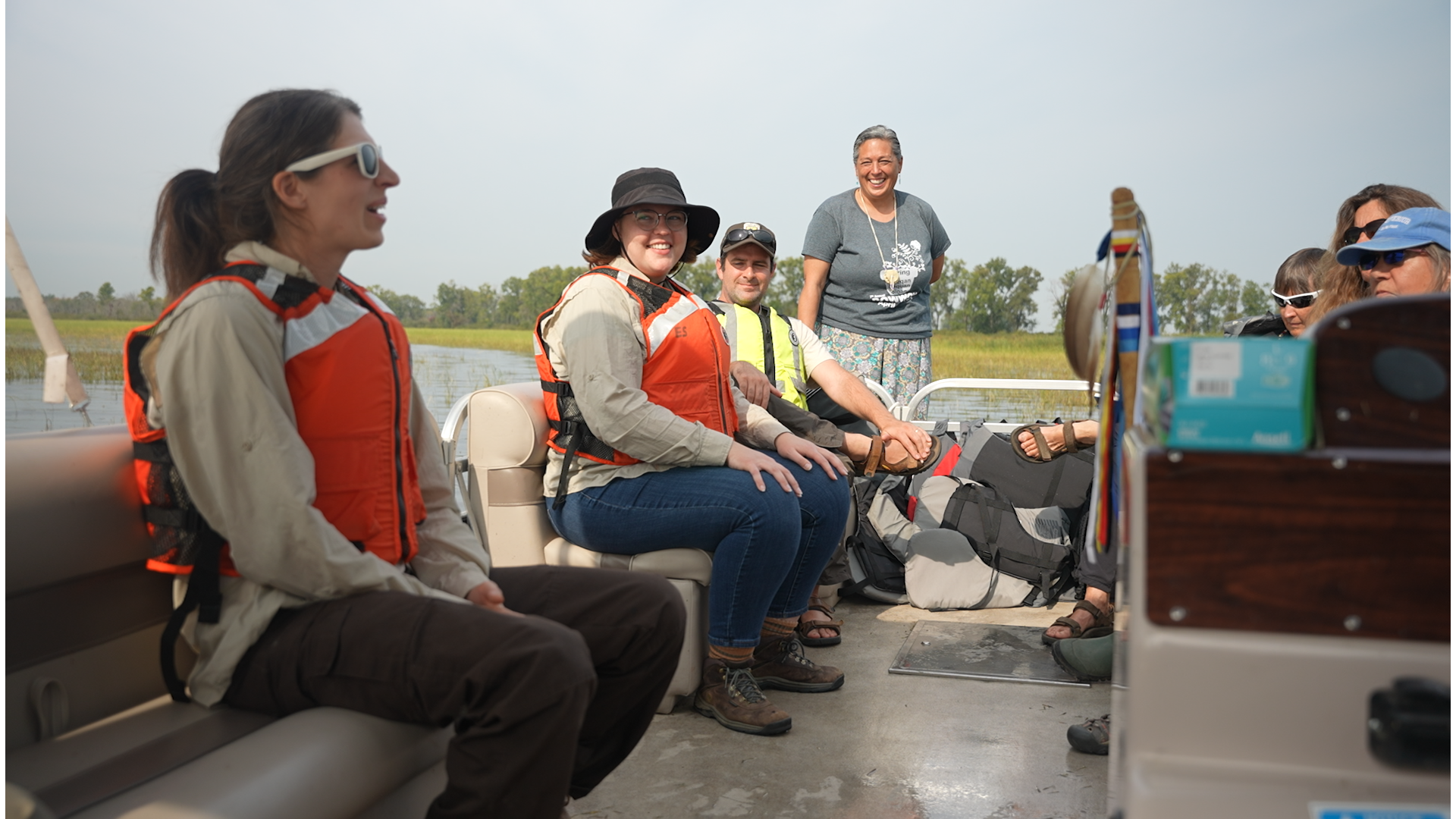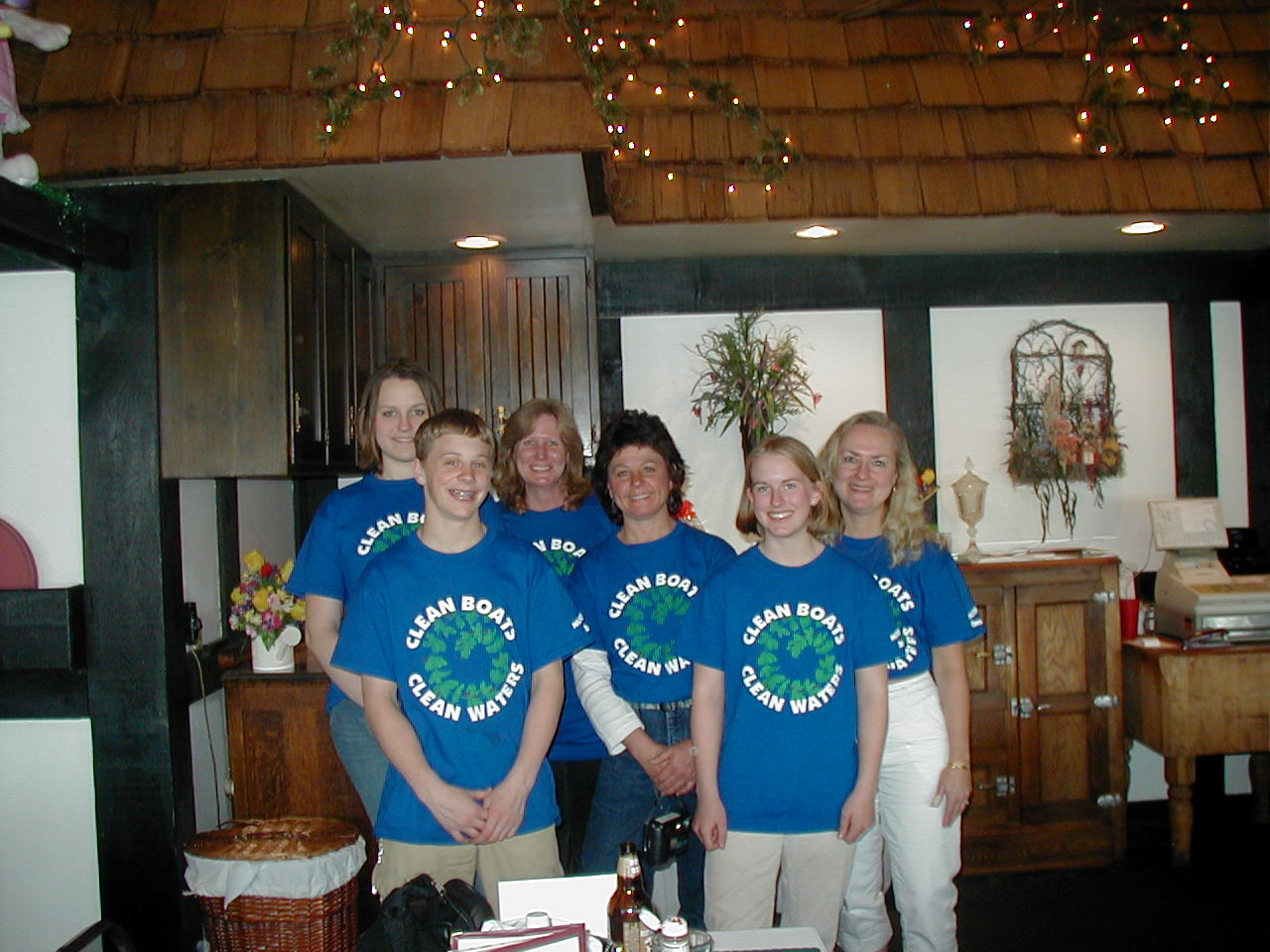By Eva Ryan, University of Wisconsin-Madison
The Sea Grant Knauss Fellowship is a nationally competitive opportunity that sends graduate students interested in ocean, coastal and Great Lakes resources and policy to the historical hub that is Washington, D.C. There, these students are paired with a congressional member or committee or placed in a federal program in order to learn more about the policies surrounding our natural resources.
Featured in this article is Becky Curtis, a Ph.D. candidate at the University of Wisconsin-Milwaukee’s School of Freshwater Sciences in the laboratory of Dr. Rebecca Klaper.
“I’ve lived near the Great Lakes for most of my life,” said Curtis, “I’ve always loved aquatic ecosystems and organisms, both big and small, and I’ve always been really passionate about protecting them.”

Becky Curtis. Submitted photo.
While Curtis’ love for the environment began in her youth, it only continued to grow as time passed. During her undergraduate studies at Michigan Technological University, she took a course on environmental issues that sparked a desire to pursue a career focusing on sustainability. “I wanted to get into aquatic research and figure out how I could work to protect those ecosystems,” Curtis said, emphasizing the importance and abundance of resources that aquatic ecosystems provide.
To better aid in the mission of protecting the Earth’s resources, Curtis decided to pursue a Ph.D. at the University of Wisconsin-Milwaukee. There, her work utilizes various techniques to determine how emerging contaminants impact freshwater species.
“My work focuses on nanomaterials,” said Curtis. According to Curtis, nanomaterials are used in everything from sunscreen to food additives to electronics, and more. Due to the nature of her work, Curtis is part of the National Science Foundation’s Center for Sustainable Nanotechnology. Because of the special engineering of nanotechnology, it has great potential for innovative applications and increased sustainability, but still needs to be monitored to determine its environmental effects across different species and ecosystems. “If we know what might be causing nanomaterials to elicit negative impacts, we can work towards decreasing those impacts and harnessing their potential,” said Curtis.
When Curtis found out about the Knauss Fellowship, she saw it as an opportunity for her “next step.” While she already had the passion and research background, the field of policy intrigued her, particularly the intersection of science and policy. “I wanted to move forward in my career with a skillset that was informed by both of those worlds,” Curtis said, “I wanted to gain experience in policy issues that influence sustainable action within the marine environment.”
Curtis’s position as a Knauss Fellow involves gaining experience in domestic and international policy coordination regarding sustainable fishery management at the National Oceanic and Atmospheric Administration’s Office of Sustainable Fisheries. Her particular work focuses on policies that impact species like sharks, swordfish, billfish and tuna.
“No matter what lies ahead, the experience and skillset that I’ll gain will make me a better researcher and scientist moving forward. I hope to continue working to assess societal impacts on our aquatic resources, and to inform both sustainable utilization and conservation of aquatic species and habitats,” said Curtis.
Curtis, among the other 73 fellows in this year’s cohort, began the Knauss Fellowship on Feb. 1.





